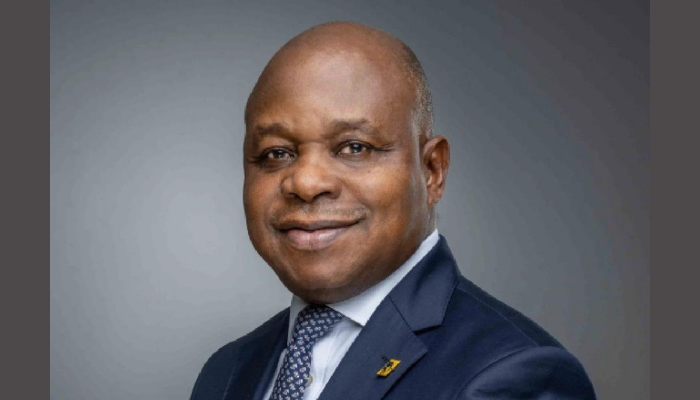Chevron and Eni, two of the global oil majors operating in Nigeria, and their local counterparts such as Seplat and Oando may have been worst hit by the production disruptions occasioned by militant attacks in the Niger Delta, their financial results have shown.
Chevron Corporation, the second largest United States-based oil producer, lost $1.47bn in the second quarter of this year, its largest since 2001, compared with a net profit of $571m in the same period of 2015.
The company said last Friday that its worldwide net oil-equivalent production was 2.53 million barrels per day in the second quarter of 2016, compared with 2.60 million barrels per day a year ago.
It said, “Production increases from project ramp-ups in the United States, Angola, Canada and other areas were more than offset by normal field declines, the effect of asset sales, the Partitioned Zone shut-in, maintenance-related downtime, and the effects of civil unrest in Nigeria.”
Italian oil major, Eni, posted a net loss of €446m in the second quarter of 2016, as against a net profit of €498m in the same period of 2015.
Its oil and gas production fell by 2.2 per cent to 1.715 million barrels of oil equivalent per day, with liquids down by 5.6 per cent at 852,000 bpd.
The Chief Executive Officer, Eni, Claudio Descalzi, said the loss of Nigerian production over the period was 13,000 boepd, adding, “Hydrocarbon production beat expectations, offsetting the suspension of activity in Val d’Agri and the disruptions in Nigeria.”
Two other international oil companies in Nigeria, ExxonMobil Corporation and Royal Dutch Shell Plc, last week reported their lowest quarterly profits since 1999 and 2005, respectively.
Shell, which announced a 72 per cent drop in second-quarter earnings, said its liquids production available for sale in Nigeria plunged by 41 per cent in the second quarter of this year to 37,000 bpd.
Seplat Petroleum Development Company Plc, a major indigenous independent oil and gas company, recorded a net loss of $61m in the first half of the year, for the first time in its six years of operation.
The company said its average working interest production during the first six months was 25,695 boepd, compared to 32,580 boepd in 2015.
It said the reported production figures reflected the longer-than-expected suspension of oil production following the declaration of force majeure at the Forcados terminal by the operator, Shell Nigeria, on February 21 after the disruption in production and exports caused by a spill on the terminal subsea crude export pipeline.
The Chief Executive Officer, Seplat, Mr. Austin Avuru, said the first half results were heavily impacted by events outside of the company’s control.
He said, “The shut-in and suspension of oil exports at the Forcados terminal since mid-February mean we have faced significant challenges in the first half of the year. However, our underlying fundamentals remain strong and we continue to invest to grow our gas business at a rapid rate.”
Oando Plc announced on Tuesday that it made a loss-after-tax of N27bn in the first half of this year, compared to the N35bn lost a year ago.
The company said its daily production volumes dropped to about 45,000 boepd in the first half of this year from about 56,000 boepd in the same period of 2015 as a result of the operating challenges in the Niger Delta.
The Group Chief Executive, Oando, Mr. Wale Tinubu, said, “The first half of the year has attested to the deplorable state of security in the oil and gas environment in Nigeria, having experienced a 25 per cent decline in production volumes arising from the increased disruptions from militant activities.”


 Naira4 weeks ago
Naira4 weeks ago
 Naira4 weeks ago
Naira4 weeks ago


 Naira4 weeks ago
Naira4 weeks ago




 Naira3 weeks ago
Naira3 weeks ago
 Commodities4 weeks ago
Commodities4 weeks ago


 News3 weeks ago
News3 weeks ago


 Banking Sector4 weeks ago
Banking Sector4 weeks ago
 Travel4 weeks ago
Travel4 weeks ago






















